
Book
The Stress Code
From Surviving to Thriving
Recommendation
Health and performance consultant Richard Sutton provides a scientifically based and comprehensive report on stress – what it is, what causes it, what its effects are and how you can manage it. Sutton explains, counterintuitively, that stress also can improve personal development and growth. As a physical trainer and performance expert, Sutton has worked with top-flight athletes – some of the world’s most highly stressed performers. Sutton outlines a “resilience model” you can implement.
Summary
About the Author
Health and performance educator Richard Sutton has advised top athletes, Olympic teams and international sporting federations. He consults with leading companies on stress resilience, employee engagement and productivity.
By the same author
Book
Book
Learners who read this summary also read
Book
Article
Book





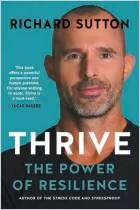
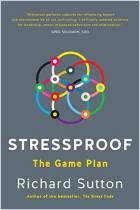
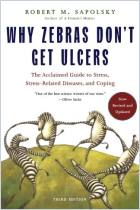
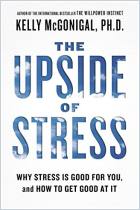

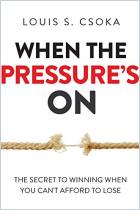
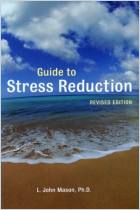
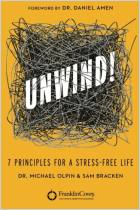

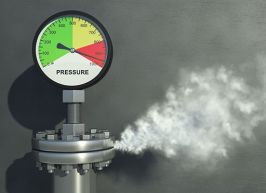

Comment on this summary